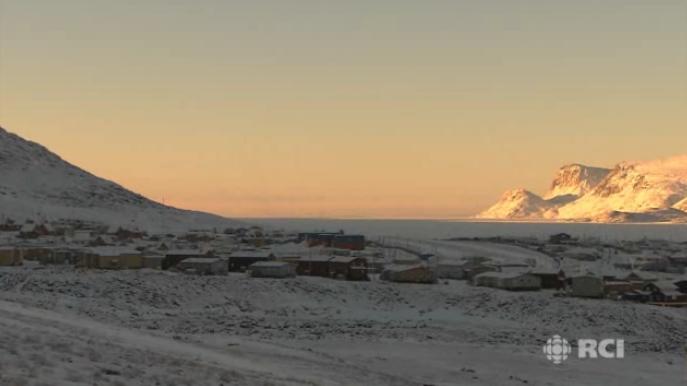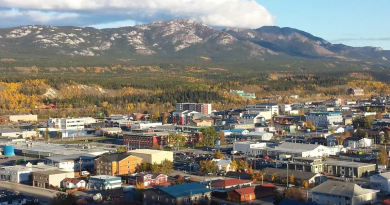Energy challenges in Canada’s North

From poor infrastructure to reliance on diesel, Canada’s northern territories face energy challenges unique in the country, says a report from the Standing Senate Committee on Energy, the Environment and Natural Resources.
The 80 isolated, predominately aboriginal communities spread across Canada’s North aren’t connected to the North American electricity or natural gas power grids, leaving the communities vulnerable when something goes wrong.
“It’s clear that the existing energy systems require change,” says the report titled Powering Canada’s Territories.
“In many communities energy costs are high and rising. There is heavy reliance on imported diesel and much of the territories’ energy assets are at capacity, aging and underperforming, threatening the reliable supply of energy to northerners. These factors strain public resources and limit economic growth and prosperity.”
Common story for northerners
For many of the approximately 116,700 residents of Canada’s North, stories of rolling blackouts, or the long waits for parts and repair crews, have become all to common.
As early as this April, Pangnirtung, an Inuit community of approximately 1,500 people in Canada’s eastern Arctic territory of Nunavut, lived four days of rolling blackouts as officials scrambled to repair fire damage to the local power plant.
The Senate report, released on June 19 makes five recommendations:
- provide incentives for energy efficient homes and buildings
- federal support for renewable energy projects in the territories
- better coordination between government agencies
- federal support for upgrading diesel facilities in isolated northern communities
- federal investment in territorial energy projects
Renewables in the North

The report also highlighted the opportunities for renewable energy in the territories.
“Solar and wind are integrating with diesel generation systems and are becoming less expensive,” it says.
“Biomass energy is creating cost effective alternatives to diesel heating, reducing carbon emissions and fostering biomass economies that create local jobs. Natural gas is beginning to show promise as a fuel capable of reducing diesel dominance in territorial communities and in the mining sector. In many areas of the territories, there are vast untapped hydro resources that can provide legacy assets for the next generation.”
The senate report was complied over one year and included hearings in several northern communities.
Write to Eilís Quinn at eilis.quinn(at)cbc.ca
Related stories from around the North:
Canada: Unconventional petroleum resources found in Canada’s Sahtu region…. Now what?, Eye on the Arctic
Finland: Finland plans to heat homes with horse manure, Yle News
Greenland: Arctic oil and gas must stay in ground to restrict warming to 2°C says study, Blog by Mia Bennett
Iceland: From Arctic Circle 2013-2014, a big drop in the price of oil, Blog by Mia Bennett
Norway: Japan wants wind power from Arctic Norway, Barents Observer
Russia: No alternative to Arctic oil says Russia environment minister, Barents Observer
Sweden: Lower electricity bills for Swedes, Radio Sweden
United States: Alternative heating system shows promise for reducing fuel costs in Interior Alaska, Alaska Public Radio Network



